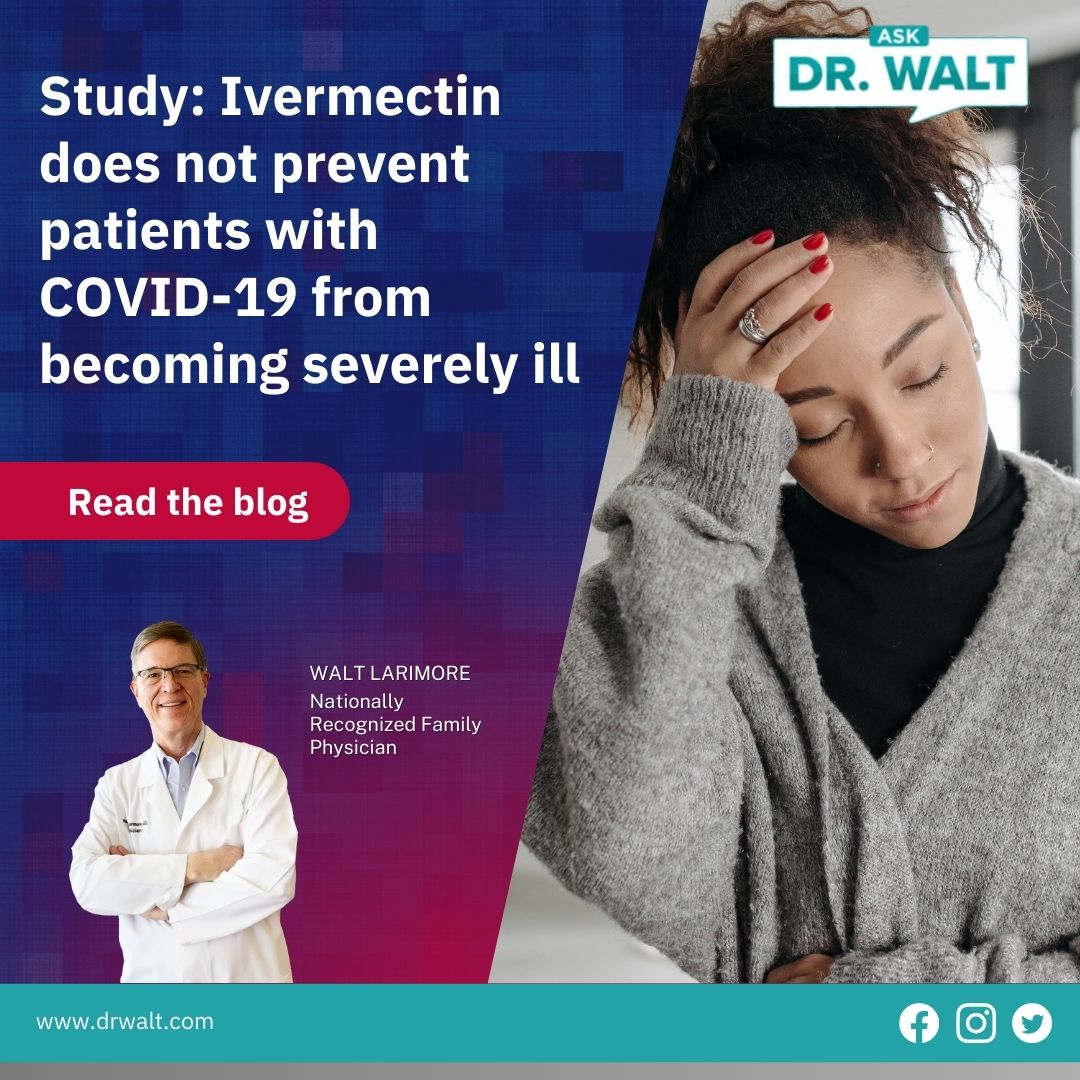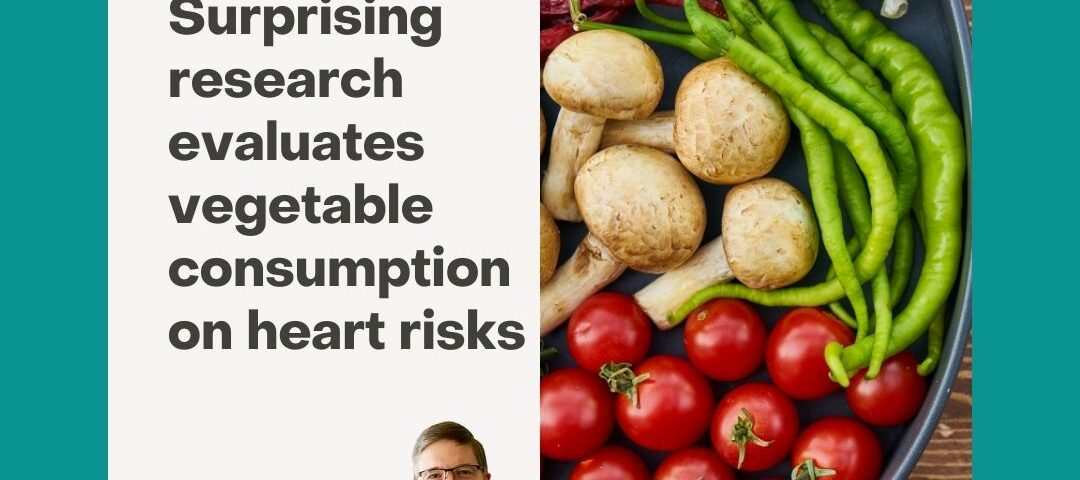
Study: Ivermectin does not prevent patients with COVID-19 from becoming severely ill
March 3, 2022
Only six weeks until the release of “At First Light,” the WWII book about my dad
March 5, 2022An analysis of the diets of nearly 400,000 U.K. adults found that eating veggies, especially cooked veggies. does NOT reduce your risk of heart disease over time. Critics take exception to the study. Although reports indicated “the study found eating raw veggies could protect against heart disease, cooked vegetables did not,” and added, “Any benefit went away when researchers factored in lifestyle factors such as physical activity, educational level, smoking, drinking, fruit intake, red and processed meat consumption, and use of mineral and vitamin supplements.”
What’s confusing is that eating a plant-based diet has been shown to be very good for your heart and your overall health, as well as that of the planet. In fact, a recent study found a young person could live an additional 13 years by eating more vegetables and legumes, as well as whole grains, fruits, and nuts.
CNN reports, “Don’t start celebrating yet, veggie haters. Experts in the UK and the US quickly took exception to the study’s conclusion.” CNN adds:
Although this study found that eating more vegetables wasn’t associated with a lower risk of heart and circulatory diseases once other lifestyle and other factors were taken into account, that doesn’t mean we should stop eating vegetables,” said Victoria Taylor, a senior dietitian at the British Heart Foundation, in a statement.
“There is good trial evidence that eating foods rich in fibre such as vegetables, can help lower weight, and improve levels of risk factors known to cause heart disease. The present observational study cannot overcome such evidence and its conclusions can be debated since the authors may have over adjusted for factors that account for lower intake of vegetables,” said Naveed Sattar, a professor of cardiovascular and metabolic medicine at the University of Glasgow in Scotland, in a statement.
“The results are not surprising. Picking out one single component and assuming just adding it to the diet, e.g., vegetables, is not likely to result in the desired effect,” Alice Lichtenstein, director and senior scientist at Tufts University’s Cardiovascular Nutrition Laboratory, told CNN in an email.
“One thing that has become clear over the past decade is we should not be looking at single foods or nutrients, rather the whole dietary pattern,” said Lichtenstein, who is also a Gershoff Professor of Nutrition Science and Policy at Tufts University.
“The best advice we can give people is to focus on their whole diet, what foods to emphasize as well as what to minimize,” Lichtenstein said. “In general, I think the data still supports beneficial effects of a dietary pattern rich in fruits, vegetables, whole grains, legumes, fish, fat-free and low fat dairy and relatively low in added sugar and salt.”
© Copyright WLL, INC. 2022. This blog provides healthcare tips and advice that you can trust about a wide variety of general health information only and is not intended to be a substitute for professional medical advice, diagnosis, or treatment from your regular physician. If you are concerned about your health, take what you learn from this blog and meet with your personal doctor to discuss your concerns.
The findings were published in Frontiers in Nutrition.




